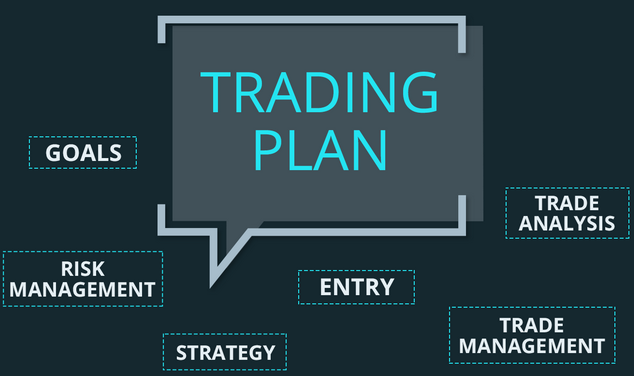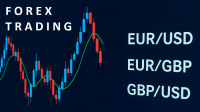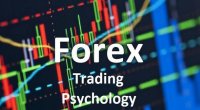While strategies and technical tools matter, success in forex is largely determined by discipline, consistency, and risk control - all of which stem from a well-crafted trading plan.
What Is a Trading Plan?
A trading plan is a personalized, rule-based framework that outlines how a trader will approach the market. It typically includes:
- Entry and exit criteria
- Risk management rules (position size, stop-loss, take-profit)
- Preferred currency pairs and timeframes
- Conditions for trade execution
- Emotional control strategies
- Record-keeping and review processes
It's not a one-size-fits-all solution but a living document tailored to each trader’s goals, risk tolerance, and style.
Why Having a Plan Matters
1. Consistency Over Chaos
Markets are inherently volatile and unpredictable. A trading plan acts as a stabilizing force in this chaos. When traders rely solely on instinct or emotion, decisions become erratic. A plan enforces consistency, ensuring that trades are executed based on logic, not impulse.
2. Improved Risk Management
A trading plan clearly defines how much capital is risked per trade and where to place stop-losses. This prevents overexposure and helps protect against catastrophic losses. Traders without a plan often risk too much on a single trade or fail to set proper stop-losses, leading to account blowouts.
3. Objective Evaluation and Learning
With a plan in place, trades can be tracked and reviewed. This enables traders to identify what’s working and what isn’t. It transforms trading from random guessing into a process of continuous improvement. Without a plan, there’s no benchmark for evaluating success or failure.
4. Reduces Emotional Decision-Making
The forex market is an emotional minefield. Fear, greed, and frustration often drive poor decisions. A trading plan helps mitigate this by setting rules in advance, allowing traders to act rather than react. This is especially important during high-volatility periods when split-second decisions can lead to large losses.
The Pitfalls of Trading Without a Plan
The consequences of trading without a plan can be severe:
-Emotional Trading
Without a plan, traders are more likely to panic during a loss or get greedy during a win. This leads to irrational decisions, such as revenge trading (trying to recover losses through riskier trades) or holding onto a losing position in the hope it will turn around.
-Inconsistent Results
Trading without structure leads to unpredictable results. One day a trader might follow a breakout strategy, the next they might chase price action without understanding the risks. This inconsistency is a recipe for long-term losses.
-No Way to Measure Progress
If there’s no plan, there’s no way to analyze performance objectively. Traders are left guessing why a trade worked - or didn’t. This lack of accountability prevents growth and turns trading into gambling.
Trading Psychology: The Hidden Pillar
Even the best trading plan is useless if a trader lacks the discipline to follow it. This is where trading psychology comes in. Psychology governs how traders respond to wins, losses, uncertainty, and pressure.
Successful traders develop mental resilience. They understand that losses are part of the game and that patience often trumps aggressiveness. A plan provides the structure needed to manage emotions, but the trader must have the mindset to stick to it, especially during losing streaks.
Mastering trading psychology means:
- Accepting losses without emotional breakdowns
- Avoiding impulsive trades
- Maintaining discipline through boredom or overexcitement
Final Thoughts
The absence of a trading plan is akin to navigating a stormy sea without a compass. In a market where volatility is constant and emotional pressure is high, a trading plan provides the structure, consistency, and discipline needed to survive and thrive.
Forex trading isn’t just about predicting price movement - it's about managing risk, sticking to a method, and maintaining mental clarity. With a trading plan in place, traders shift from being reactive to strategic, from hopeful to prepared.
In short, a trading plan is not optional - it’s essential.








